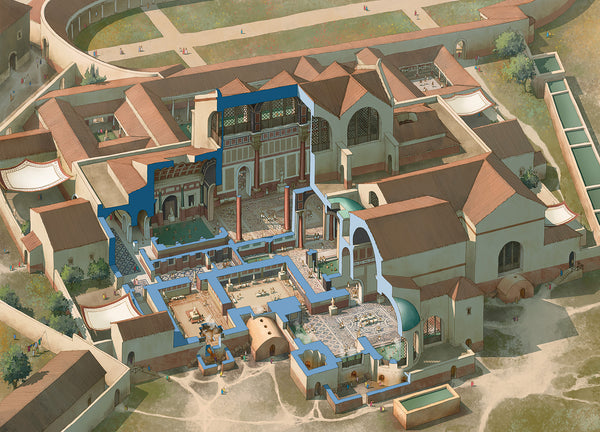Issue 13 of Medieval World: Culture & Conflict looks at how late medieval Spain became a world power under the rule of its Catholic monarchs, Queen Isabella I of Castile and King Ferdinand II of Aragon. Below are several key books that offer various perspectives on the history and culture of the Iberian Peninsula and its Catholic monarchs during the Middle Ages, complementing the content featured in the magazine - in case you would like to learn more!
![]()
"From the late-fifteenth to the mid-eighteenth century, Spain was the most extensive empire the world had seen, stretching from Naples and the Netherlands to the Philippines. This provocative work of history attributes Spain's rise to power to the collaboration of international business interests, including Italian financiers, German technicians, and Dutch traders. At the height of its power, the Spanish Empire was a global enterprise in which non-Spaniards -- Portuguese, Basque, Aztec, Genoese, Chinese, Flemish, West African, Incan, and Neapolitan -- played an essential role."
![]()
"This book traces the political evolution of the Iberian peninsula from a group of late Roman imperial provinces to the monarchies of the mid-fifteenth century. The book consists of a series of essays on the main chronological periods of medieval Spain, and sketches the major political, economic, social and intellectual features of each age and the interaction of Christian, Jew and Muslim. There is currently no other volume in English or Spanish that provides such a wealth of analysis or description and yet which covers the entire medieval period."
![]()
"This book provides a comprehensive and compelling history of the reign of Ferdinand and Isabella form the origins and upbringing of the two rulers, through the events and circumstances of their rule, to the consequences for the following generations."
![]()
"The story follows the intrigue and seemingly impossible rise to power of Isabella, who along with her husband, Ferdinand, built Castile into a world power. Isabella assumed personal responsibility for the voyage of Christopher Columbus to the new world."
You will find additional relevant sources in the form of books, articles, book chapters, and essays in the "Further Reading" section of the magazine - found on page 58 of every issue. Happy reading!





